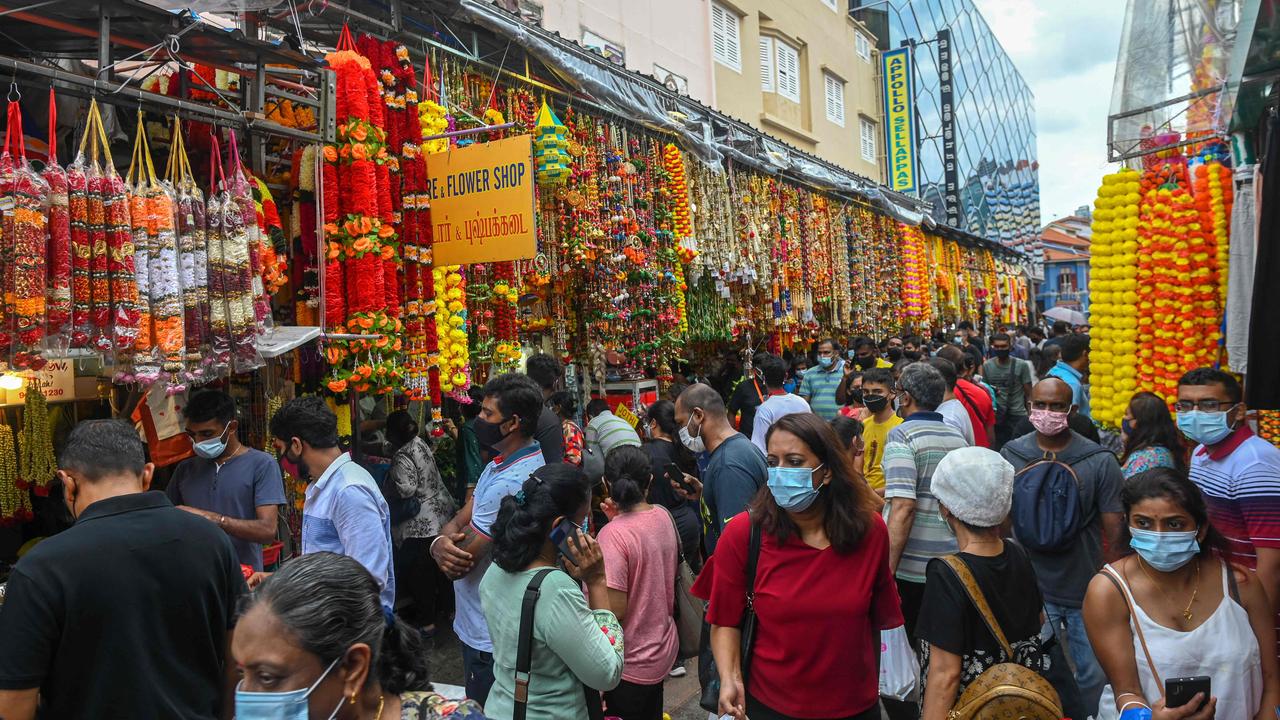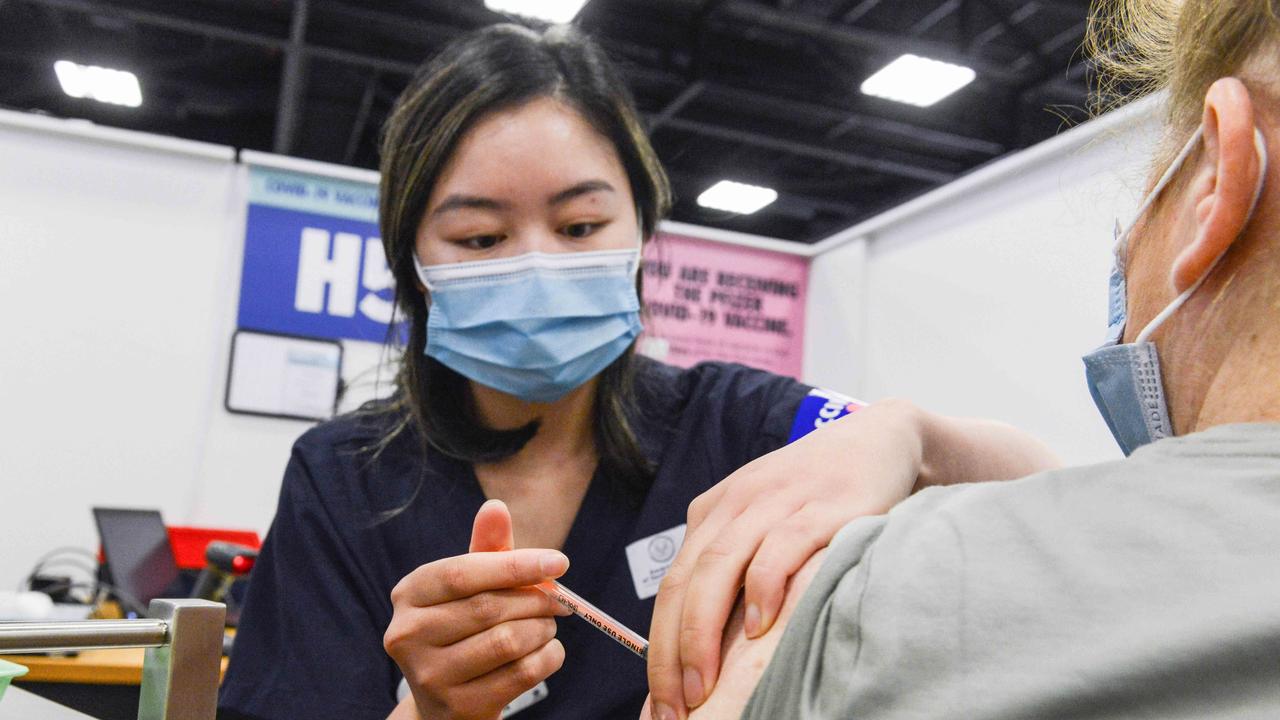Australia Covid cases could follow Singapore’s surge, expert warns
After nearly eliminating Covid, this week saw Singapore break a grim record. A disease expert says Australia should brace itself for something similar.
After being praised as one of the world’s biggest pandemic success stories, Singapore’s infection rate began rising.
The South-East Asian country has one of the highest vaccination rates and despite their ambitions to boldly “live with Covid”, the government has been forced to tighten restrictions amid growing pressures on their healthcare systems.
This Wednesday also saw the tiny nation of 5.6 million reach a grim record of 18 Covid-related deaths, with their seven-day average hitting 3635 cases.

However, according to a top infectious disease specialist, Professor Dale Fisher says Australia should brace itself for a similar trajectory of rising cases.
This comes as millions of people in the locked down states of NSW and Victoria have only just re-acclimated to life without a swath of restrictions. Australia is also set to hit the all-important 80 per cent fully vaccinated goal for those aged over 16.
“I think Australia could have a bit of a honeymoon for the next few months, though I’d be a bit more worried in six months when you’re going back into winter,” says Prof Fisher, speaking to The Australian.
“There will be these surges as the restrictions are pulled down, but the fact it is coming into summer in Australia – when everyone opens their windows and flocks outdoors – and everyone has been recently vaccinated could mean the surge won’t be as big as it could have been.

Prof Fishers puts this down to the fact that vaccines unfortunately become less effective in preventing transmissions in the weeks and months after they’re administered.
“A couple of weeks after you’ve had the vaccine is when it’s most effective (80 per cent) in preventing transmission, but four to six months later it’s more like 40 per cent,” he said.
Despite this, they’re still important and very effective in protecting against severe and deadlier bouts Covid-19.
Writing for The Conversation, Professor in Biomedical Sciences at the University of Manchester, Sheena Cruickshank, says the most important goal of vaccination is to “stop people getting dangerously ill and dying”.
“Fully vaccinated people in the US have been shown to be five times less likely to get Covid-19 and 10 times less likely to be hospitalised or die from it,” writes Prof Cruickshank.
What about booster shots?
For both Singapore and Australia, a third booster shot of the Covid-19 vaccine is a way governments can protect their populations.
Singaporeans aged over 30 now have access to Moderna and Pfizer boosters, and according to figures dated to October 27, 80.2 per cent of the population aged 60 and over have received a booster.
In Australia, boosters shots are now available for people over 18 at least six months after their second Covid-19 vaccine dose.
Currently already available to immunocompromised Australians, the third shot of the vaccine is particularly beneficial for those aged 60 and over, with Australia’s Health Minister Greg Hunt saying their rollout will be focused on people living with disability and those in aged care.

Looking at the country of Israel, the effectiveness of booster shots is promising.
The first country to launch a mass booster campaign, a study from the Lancet Medical Journal showed a third shot of the Pfizer vaccine was 92 per cent more effective in preventing serious illness compared to those who received only two doses of the vaccine. Effectiveness of the vaccine was taken seven days after the third dose and at least five months after the second dose.
Infections in Israel has also dropped since they introduced the booster program on August 28.
New daily cases peaked at 11,347 on September 3, however they’ve since dropped by more than 10,000 to under 667 cases on November 3.






